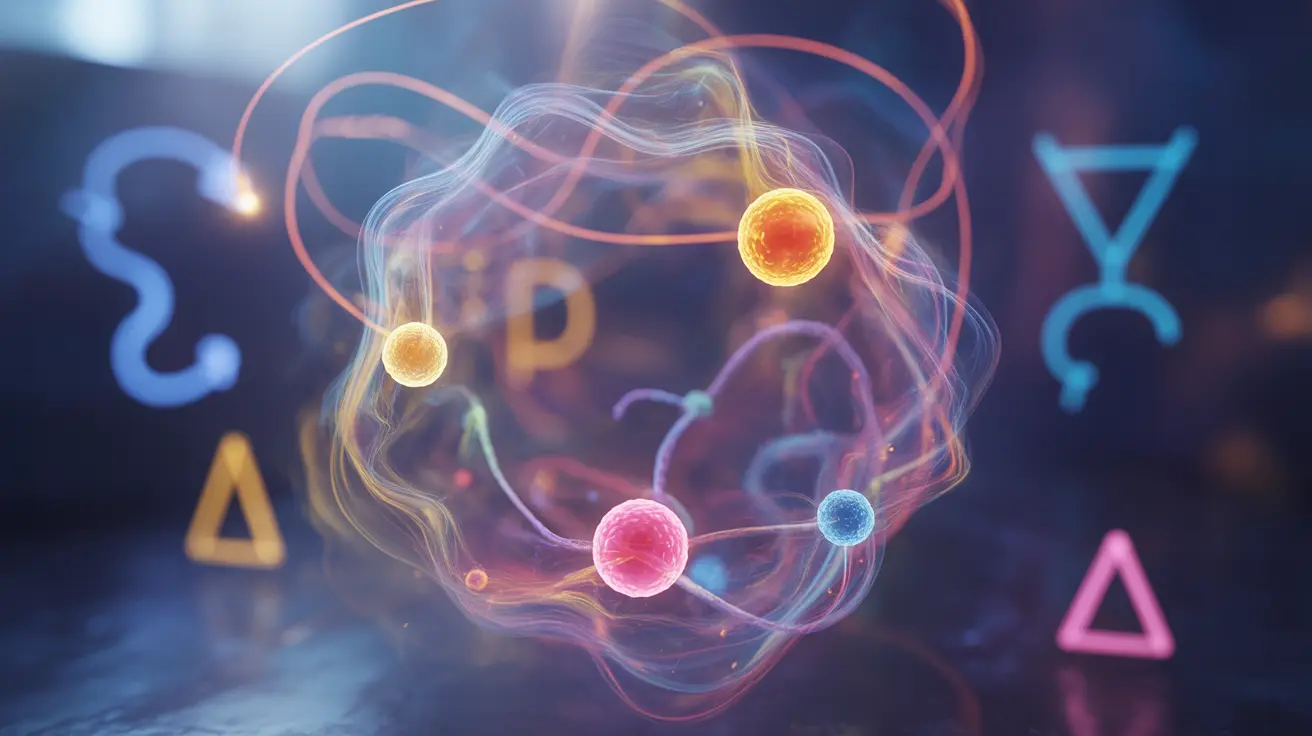Depression and hormones are intricately connected, with hormonal changes and imbalances playing a significant role in mental health. Understanding this relationship is crucial for both healthcare providers and individuals experiencing depression, as hormonal factors can influence both the onset and severity of depressive symptoms.
This comprehensive guide explores how hormonal fluctuations affect mood, the specific impact on different populations, and effective treatment approaches for hormone-related depression.
Understanding the Hormonal Impact on Mental Health
Hormones act as chemical messengers in the body, influencing everything from metabolism to mood regulation. When these delicate chemical balances are disrupted, they can significantly affect mental well-being and contribute to depressive symptoms.
Key Hormones Affecting Mood
Several hormones play crucial roles in emotional regulation and mental health:
- Thyroid hormones
- Cortisol (stress hormone)
- Estrogen and progesterone
- Testosterone
- Serotonin and dopamine
Thyroid Function and Depression
Thyroid dysfunction, particularly hypothyroidism, can manifest with symptoms that closely mirror clinical depression. Understanding these symptoms is crucial for proper diagnosis and treatment.
Common Symptoms of Thyroid-Related Depression
Key indicators include:
- Persistent fatigue
- Difficulty concentrating
- Weight changes
- Sleep disturbances
- Mood fluctuations
Hormonal Changes During Life Transitions
Various life stages and transitions can trigger significant hormonal changes that may lead to depression. Understanding these vulnerable periods is essential for early intervention and appropriate treatment.
Pregnancy and Postpartum Period
During pregnancy and after childbirth, dramatic hormonal fluctuations can increase the risk of depression. Regular monitoring and support during these periods are crucial for maternal mental health.
Menopause and Depression
The menopausal transition often brings significant hormonal changes that can trigger or worsen depressive symptoms. Recognition of these changes helps in developing effective treatment strategies.
Treatment Approaches for Hormone-Related Depression
Treatment for hormone-related depression often requires a comprehensive approach that may include:
- Hormone replacement therapy when appropriate
- Traditional antidepressant medications
- Psychotherapy and counseling
- Lifestyle modifications
- Regular hormone level monitoring
Lifestyle Management Strategies
Implementing healthy lifestyle changes can significantly impact both hormonal balance and depression symptoms:
- Regular exercise
- Balanced nutrition
- Adequate sleep
- Stress reduction techniques
- Mind-body practices
Frequently Asked Questions
How do hormone imbalances contribute to depression, especially in women?
Hormone imbalances can affect neurotransmitter function, brain chemistry, and mood regulation. Women are particularly vulnerable due to regular hormonal fluctuations during menstrual cycles, pregnancy, and menopause. These changes can directly impact serotonin levels and other mood-regulating chemicals in the brain.
What are the common symptoms of depression related to thyroid hormone problems?
Thyroid-related depression symptoms typically include persistent fatigue, weight changes, difficulty concentrating, sleep disturbances, and mood changes. These symptoms often overlap with traditional depression but may improve with thyroid treatment.
Can hormonal changes during menopause or pregnancy trigger depression?
Yes, both menopause and pregnancy can trigger depression due to significant hormonal fluctuations. During these periods, changes in estrogen and progesterone levels can affect mood regulation and emotional well-being, potentially leading to depression.
What treatment options are available for depression caused by hormonal imbalances?
Treatment options include hormone replacement therapy, antidepressants, psychotherapy, and lifestyle modifications. The specific approach depends on the underlying hormonal imbalance and individual circumstances.
How can managing stress and lifestyle changes help with hormone-related depression?
Regular exercise, proper nutrition, adequate sleep, and stress management techniques can help regulate hormone levels and improve mood. These lifestyle changes support overall hormonal balance and enhance the effectiveness of other treatments.




